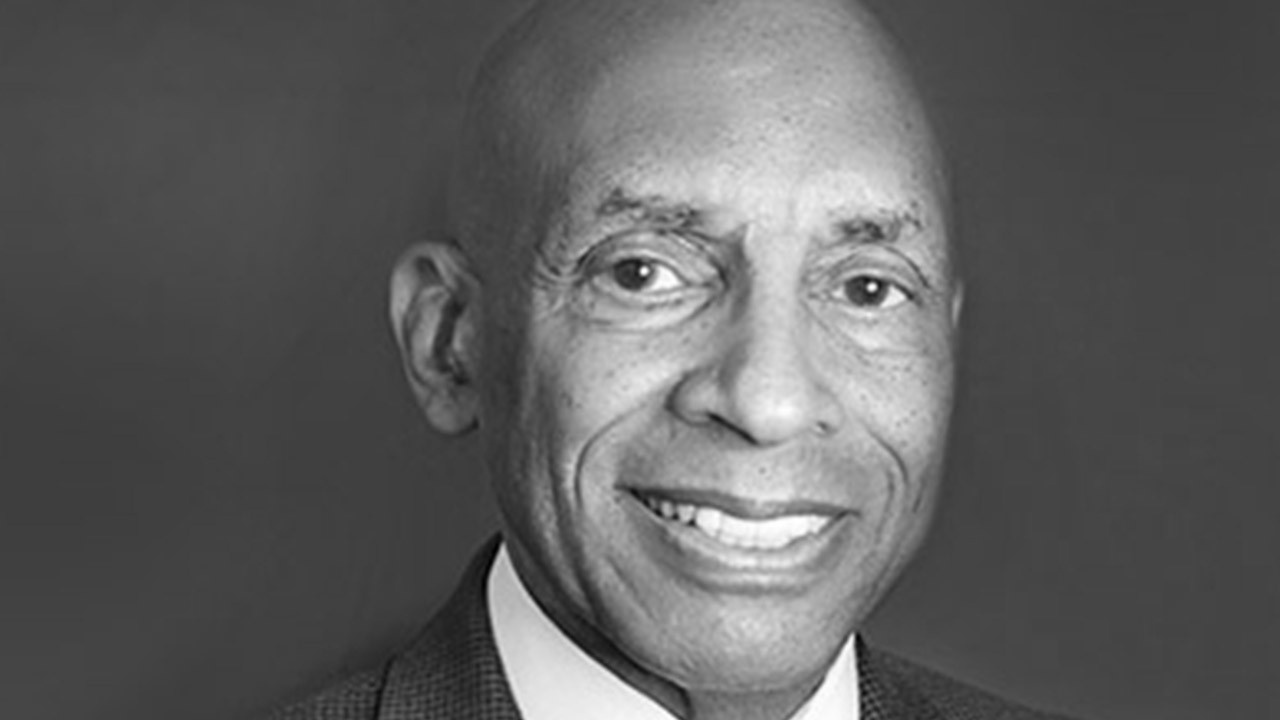Our Brothers’ Keeper: Healing the wounds of homelessness

The Lord said to Cain, “Where is your brother…?” (Genesis 4:9). Today, the Lord is still expecting us to know the whereabouts, the circumstances, of our brothers and sisters. In “knowing,” there is a gift. That gift is responsibility, or the ability to respond. “If one of you says to them, ‘Go in peace; keep warm and well fed,’ but does nothing about their physical needs, what good is it?” (James 2:16)
If the church is God’s ordained organism for healing the world, then the problem demands a response from the church, the body of Christ, and church leaders. However, it seems that we do not know, or do not care to know “where our brother is.” Poverty, tent encampments, addiction, mental illness, violence—these are issues that should and do make us uncomfortable. And as the issues and numbers in homelessness increase exponentially, so does public and private spending.
A recent article from the Bay Area Roots Clinic stated the following: “The government spends an average of $35,578 per year for every person who must endure chronic homelessness.” Publicly funded “crisis services” are necessary, but where is the church? If the church has the “answer,” why is the problem growing? What is our role? Is it to serve more meals? Open more clinics or hygiene centers? Operate more counseling and substance abuse treatment programs? Is it to build more housing on church property? The answer to all of these questions is a resounding “yes.” “If anyone, then, knows the good they ought to do and doesn’t do it, it is sin for them” (James 4:17).
But something is missing. As Theodore Roosevelt said, “People don’t care what you know until they know that you care.” For all the money spent on solutions, without sustained evidence of compassion and commitment, there is no trust among the poor and the homeless for those who offer assistance. As in all ministry, the best evidence of caring or love is fruit born out of presence. We must go where our brothers and sisters are. We must understand where they are and be present with them while they are there, to help them move to a better place in God’s kingdom and in this world.
All too often we are so heavenly-minded that we are no earthly good. To preach is easier than to practice. Thus, therein lies the dichotomy. “Faith by itself, if it is not accompanied by action, is dead” (James 2:17).
Finally, it is critical for the healing of the wounds of homelessness, poverty, addiction, and mental illness that people cease from directing shame at those caught up in these vicious and destructive cycles. Acceptance of one’s responsibility for recovery must be accompanied by encouragement and support, not judgment for past circumstances, actions, and/or choices. No one makes the journey to recovery alone. To “be fruitful” (God’s first command to humankind) requires someone to “multiply,” not divide or subtract. We were all made to increase, to prosper through relationships. No one will ever fulfill their purpose on this earth by themselves. God will not allow us to succeed alone. We were made to find fulfillment in community and find Christ in each other. Do we know where our brothers and sisters are? It begins with knowing where we are. “Am I my brother’s keeper?”
This article was extracted from Issue 7 (Fall 2021) of the AVAIL Journal. Claim your free annual subscription here.
Stay up-to-date with all our upcoming releases!
Join our mailing list to receive the latest news and updates from us. Your information will not be shared.




